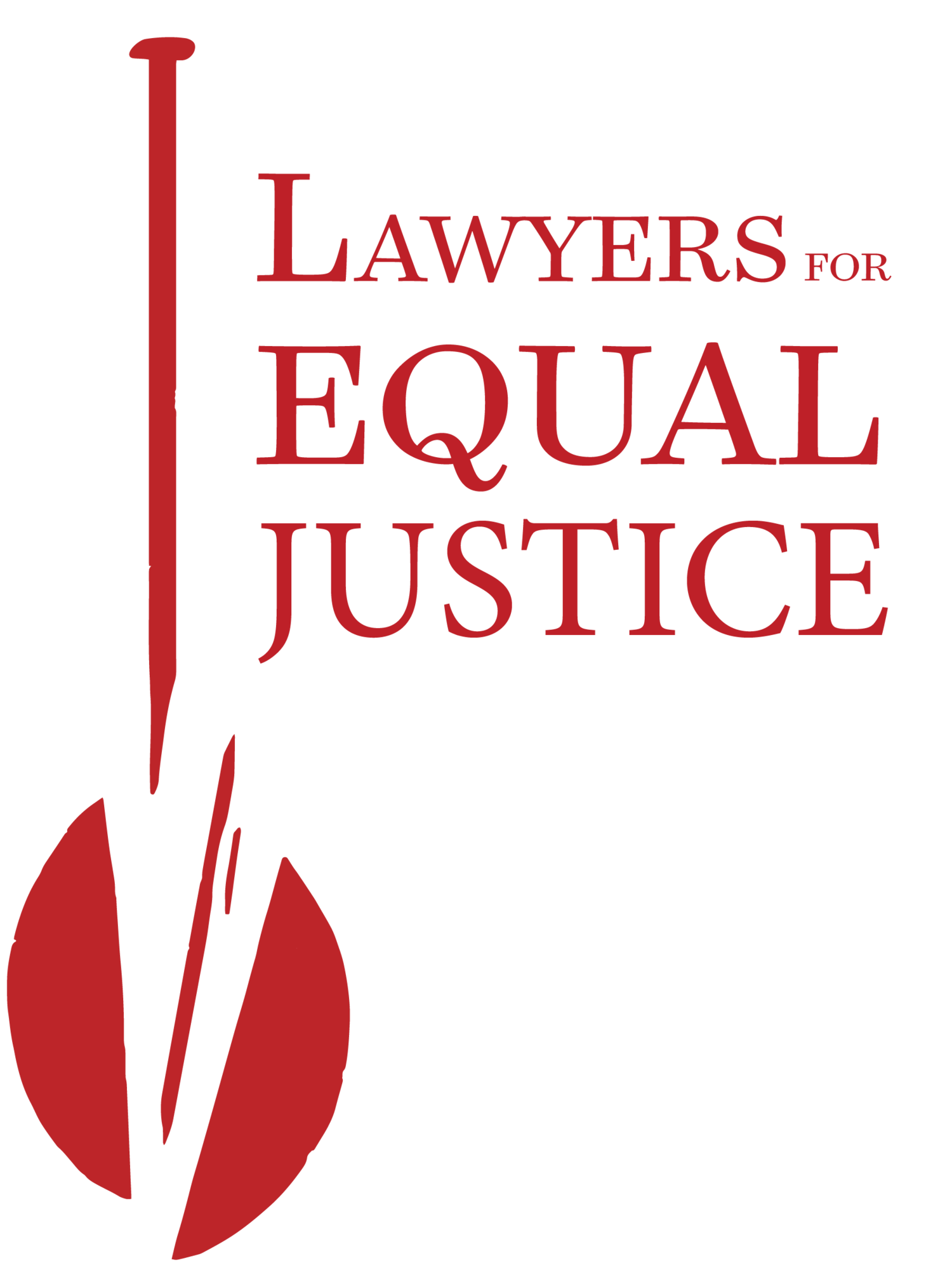Civil rights lawsuit filed against state agencies for failing keiki with mental health conditions
HONOLULU, Hawaiʻi — The parents of Soleil “Kela” Feinberg have filed a civil rights lawsuit against the State of Hawaiʻi for its failure to provide necessary mental health services to their daughter. The state abruptly cut off prescribed, medically-necessary mental health services after Kela turned 18 even though federal law requires the state to continue services until age 21.
The lawsuit alleges that Kela needed intensive mental health services when she returned to Hawaiʻi from a mainland facility where she was being treated. Instead of providing the prescribed treatment, officials from the Hawaiʻi Department of Health’s Child and Adolescent Mental Health Division (CAMHD) told the family that Kela was no longer eligible for treatment from CAMHD because of her age. Although the state promised to provide mental health services through another program, the family said the services never materialized.
Unable to access the services she needed, Kela’s condition worsened; her family was forced to commit her to the Molokini mental health unit at Maui Memorial Hospital in July 2017. According to the federal court complaint, this began “a cycle of crisis, commitment to Molokini, initial improvement following discharge due to the intensive efforts of her family and support group, followed by another crisis and recommitment to Molokini.”
Ultimately, Kela was committed to the Hawaiʻi State Hospital in Kāneʻohe, Oʻahu, in late 2018. She remains in the hospital now following a court determination that she is incapable of participating in court proceedings.
“If Kela had gotten the treatment she needed, none of this would have happened,” said Kela’s mother, Victoria Feinberg. Feinberg sent a May 2017 email to the state in which she predicted that the state’s plan would “create a very high probability of another severe mental health crisis for Kela and her family. The state basically ignored me and all the warning signs.”
“The system is failing our keiki and causing them significant long-term harm,” said Paul Alston of Dentons US LLP, co-counsel for the plaintiffs. “Failure to provide necessary mental health services during childhood and adolescence exacerbates mental health symptoms, results in repeated, avoidable hospitalizations and unnecessary juvenile detention, and reduces our keiki’s prospects of becoming productive adults.”
The family’s attorneys believe that Kela’s case is not an isolated one. “Although the law is clear that the state has to provide services until age 21, the state is routinely ending mental health services after age 18,” said Victor Geminiani, Executive Director of LEJ. “We believe that there are dozens or hundreds of other young people in Hawaiʻi who are suffering because the state simply isn’t doing what the law requires.”
This topic is the subject of a report released today by LEJ laying out findings about the lapse in care provided by the state. Geminiaini encouraged families who may be affected by the state’s practices to contact LEJ.
###
Lawyers for Equal Justice (LEJ) is a non-profit law firm that advocates for low income residents of Hawaiʻi. The central mission of Lawyers for Equal Justice is to help our clients gain access to the resources, services and fair treatment that they need to realize their opportunities for self-achievement and economic security. Our cases change systems and policies to make justice, equality and opportunity available to everyone.
Dentons US LLP helps local and international clients identify and solve issues involving real estate, construction and development, class actions, health care, corporate governance, creditors’ rights, intellectual property, public policy/regulatory, and corporate governance, and more, on all islands and across the globe.
